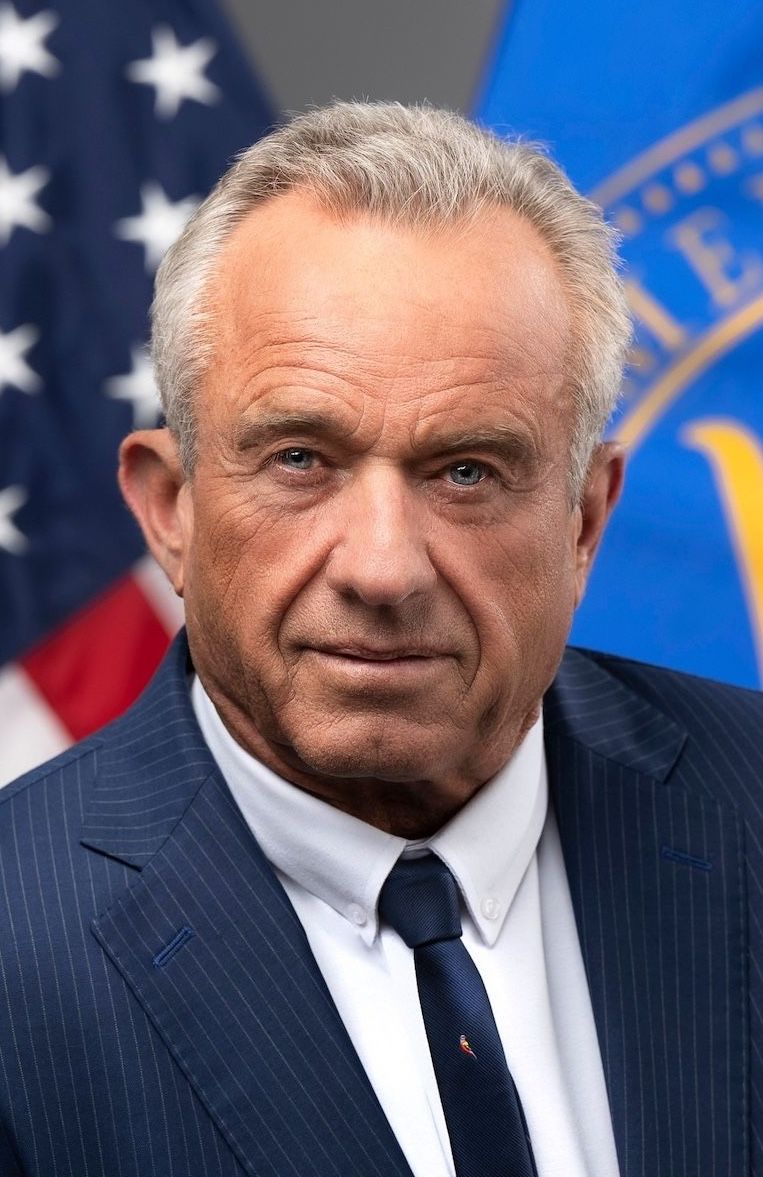Alarm Bells Ring as Health Secretary Cancels Key Advisory Meeting
Public health proponents have been sent into a state of alarm once more. Robert F. Kennedy Jr., serving as the Secretary of the Health and Human Services, opted to cancel a crucial meeting of a federal advisory group. This group’s responsibility lies in advising on which preventative healthcare regimens should be enforced by insurance companies, including a range of cancer screenings and tests for sexually transmitted infections. The decision to drop the meeting has led to the creation of an uncertainty clouding the future of the task force.
The latest move by Kennedy has been perceived by experts as an additional measure in his wider attempt to stifle the public health sector. During his Senate confirmation hearings, his commitment supposedly laid in facilitating professionals and promoting strong, evidence-supported science. Critics point out, however, that his recent actions could have a significantly adverse impact on Black communities, who often depend more heavily on medical services.
In the words of Jerry Abraham, the current head of the CDU-KEDREN Mobile Street Medicine program based in Los Angeles, ‘we are in a delicate stage.’ The potential outcome of this period, Abraham warns, could manifest in the form of increased illness and fatality rates, and heightened public skepticism of government-affiliated entities. Being a practitioner of family and community medicine, he notes the mounting challenges in carrying out his duties amid these complex times.
He further elaborated on the consequences of the uncertain political climate, drawing attention to the marked increase in ‘no-shows’ at medical appointments. According to Abraham, many subjects are avoiding clinics and preventative measures out of fear of becoming part of government records. This fear has been intensified by the rise in immigration arrests.
Kennedy’s decision to postpone the meeting of the U.S. Preventive Services Task Force comes shortly after the U.S. Supreme Court validated the continued operations of this panel. Though initially perceived as a win by advocates, there remains concern that Black communities could lose access to vital medications, such as the HIV prevention medication PrEP. The Supreme Court also confirmed Kennedy’s ability to disregard the panel’s advice and rearrange its membership.
Kennedy has also been responsible for a few other actions that commentators have identified as deeply problematic for Black communities in America. One of these concerns the major restructuring of the Department of Health and Human Services. Reflecting the administration’s comprehensive reconfiguration efforts across the federal government, the Secretary significantly reduced the workforce of the department earlier this year, leading to the dismissal of thousands of employees, including scientists, doctors, and research staff.
Many who were laid off belonged to demographic groups that have a higher representation in the HHS workforce compared to their representation in the wider population. Around 20% of the individuals impacted by the layoffs were Black, while Black Americans account for approximately 14% of the national population. In addition, Kennedy consolidated the number of agencies that come under the department’s umbrella, cutting them down from 28 to a mere 15. This sweeping action led to the loss of subject matter experts advising the government on the endorsement process for new health solutions and vaccinations.
The chopping of jobs has had repercussions beyond the confines of Washington, D.C., particularly affecting cities such as Atlanta, where the headquarters of the U.S. Centers for Disease Control and Prevention is situated. The move drew sharp rebukes from organizations like the NAACP, who were vocal about their concerns for the welfare of Black Americans and other vulnerable segments of the population that could be adversely affected.
The implication of these broad slashes to the HHS workforce, Chris Pernell of the NAACP Center for Health Equity points out, is a potential collapse of the department’s capacity to provide fundamental services such as Medicare, Medicaid, and community health centers. ‘Any reduction in our public health infrastructure only serves to make Americans sicker,’ mentioned Pernell, adding, ‘And when America gets a cold, Black people get the flu.’
This summer, a Supreme Court ruling gave federal organizations the nod to proceed with massive layoffs, reversing an order from a lower court. As a result, some departments have begun the process of layoffs again, with the size of reductions at the Department of Health and Human Services potentially impacted by other pending lawsuits.
Kennedy’s cancellation of the U.S. Preventive Services Task Force meeting has further fueled speculation that a huge shift of policy is on the way. Following the cancellation of a June meeting with the Advisory Committee on Immunization Practice, all 17 members of this governmental body were dismissed by Kennedy, with new appointees announced just days later.
This body functions to determine the vaccine schedule which then informs which vaccinations must be covered by health insurance programs. Critics warned that any disruption to vaccine guidelines and the implementation of a vaccine schedule unsupportive of the health of ordinary citizens might particularly affect Black communities.
Black Americans have consistently experienced a higher likelihood of both contracting COVID-19 and being hospitalized due to the virus, as per data from the Centers for Medicare and Medicaid Services. Oni Blackstock, a physician and founder of Health Justice, expressed fears that restrictive vaccine guidelines paired with systemic barriers to healthcare could compound health disparities for Black Americans.
Meanwhile, misinformation and its subsequent controversies continue to surge amidst the ongoing feud around vaccination strategies. Former chief vaccine official of the Food and Drug Administration, Peter Marks, resigned from his position earlier this year, citing a lack of transparency and propensity for misinformation as the key reasons for his departure. As it currently stands, the situation remains problematic, and the ripple effects of these changes raise many questions regarding the future of public health in America.



